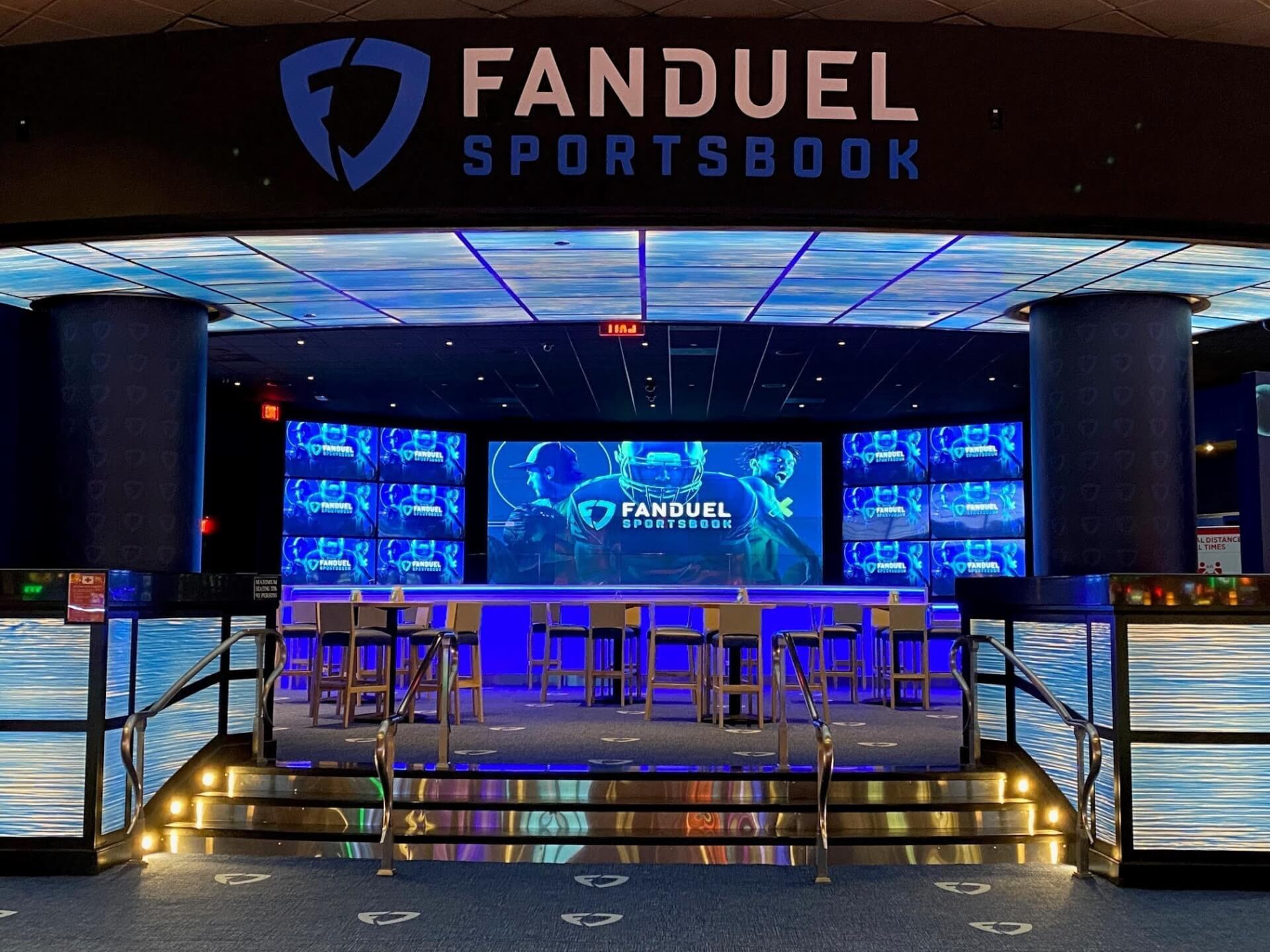In Joint Appeal, Casinos Press State on Sports Gaming Licenses

Three Maryland casinos that typically regard one another as competitors banded together on Monday to press the state to act on promised sports betting licenses.
The three venues — Horseshoe Baltimore, Live! Casino, and MGM National Harbor — are eager to get their sportsbooks up and running during the NFL season. Professional football season represents the busiest, and potentially most lucrative, period on the sports calendar for betting activity.
Each applied for a license to the Maryland Lottery and Gaming Control Commission and was found eligible under an “alternative” provision in state law.
But the casinos also need a sign-off from the newly created Sports Wagering Application Review Commission (SWARC) to begin accepting wagers. For reasons that have not been made public, the panel has not approved any of the applications it received from the lottery and gaming panel in October.
The joint letter suggests that the SWARC is failing to follow the process outlined by the legislature with regard to applications from 17 specific bricks-and-mortar enterprises — including Horseshoe, Live! and MGM National Harbor.
“The structure of this bill was very complex but it explicitly mandated that 17 named entities in the State receive ‘Class A’ retail sports wagering licenses as long as they pass the scrutiny of the Maryland Lottery and Gaming Control Commission,” the casinos wrote.
The letter cites the legal language the General Assembly approved: “The Sports Wagering Application Review Commission… Shall review applications for Sports Wagering Licenses… [and] Shall award [a] facility license to any applicant that meets the requirements for licensure under this subtitle…”
The SWARC met on Nov. 3, but took no action on five applications that have passed muster with the lottery and gaming panel. The commission spent most of its 2 1/2-hour meeting in a closed-door session with advisers from the attorney general’s office.
The panel is set to meet again on Thursday.
The casinos urge “speedy consideration” of their applications, followed by the awarding of licenses.
The SWARC’s failure to approve sportsbook applications earlier this month drew sharp criticism from Gov. Lawrence J. Hogan Jr. (R).
“It’s a problem,” he said. “And I’m sure they’re all going to be sued by all the people whose licenses have already been approved” by the lottery and gaming commission.
Four members of the SWARC were appointed by the General Assembly; three were appointed by Hogan. House Speaker Adrienne A. Jones (D-Baltimore County) and Senate President Bill Ferguson (D-Baltimore City) have issued statements in support of the panel.
“SWARC is an independent sports wagering licensing entity,” said Ferguson. “I wholeheartedly trust in the ability of the independent commissioners — including the Governor’s own appointed representatives — to consider all information and use their best judgment to issue licenses fairly.”
Lawmakers have said repeatedly they want to make sure that Black- and female-owned businesses aren’t effectively shut out of the new sports betting industry. They fear that if casinos, race tracks, and national players like Draft Kings and FanDuel get a head start, homegrown firms eyeing the new industry will struggle to catch up.
But just as with medical marijuana, crafting a system that elevates “minority business enterprises” without generating lawsuits from other firms remains a challenge.
In their letter, the casinos suggest that the commission is misreading the statute by holding back on their applications.
“While there has been no formal correspondence to the applicants about a justification for these delays, we understand from media reports that the delays are due to a desire to conduct a second disparity study… to ‘determine whether there is a compelling interest [to] implement remedial measures… to assist minorities and women in the sports wagering industry,’” they wrote.
The statute, they added, “is clear” that the state’s interest lies in the awarding of on-site licenses to applicants not named in the bill and to those seeking mobile licenses.
“In other words, while [we] acknowledge SWARC’s statutory authority… to conduct a second disparity study and to undertake any attendant evaluation for purposes of awarding Class B licenses, SWARC’s exercise of that statutory authority is not a valid basis to delay the prompt award of licenses to Class A applicants.”
An email requesting comment from commission chairman Thomas Brandt Jr., a Hogan appointee, was not returned on Monday.
Casino owners said their industry “has hired hundreds of Marylanders to begin working” in newly constructed sports wagering areas. “However, these new employees have not enjoyed their first day, nor have they been given a starting date for their employment, which includes critical health benefits for themselves and their families during a global pandemic.”




 Creative Commons Attribution
Creative Commons Attribution